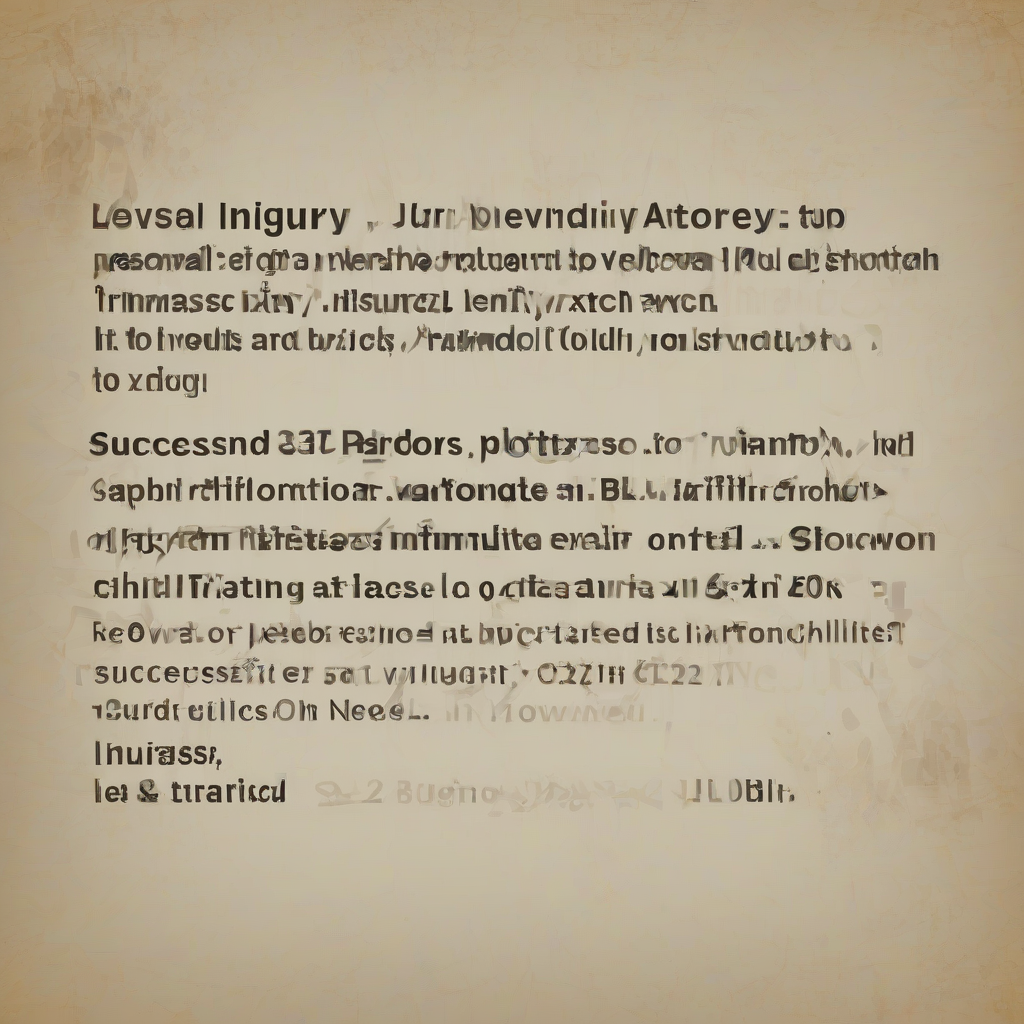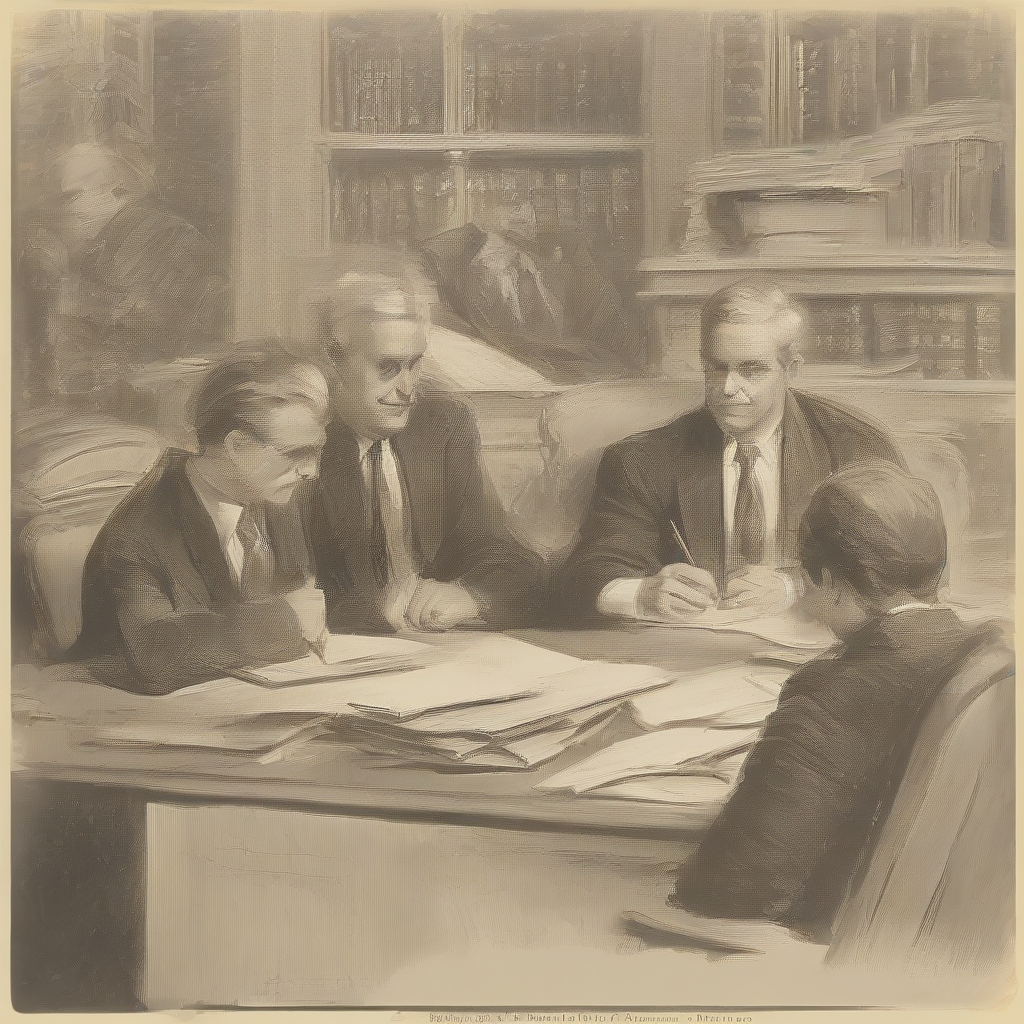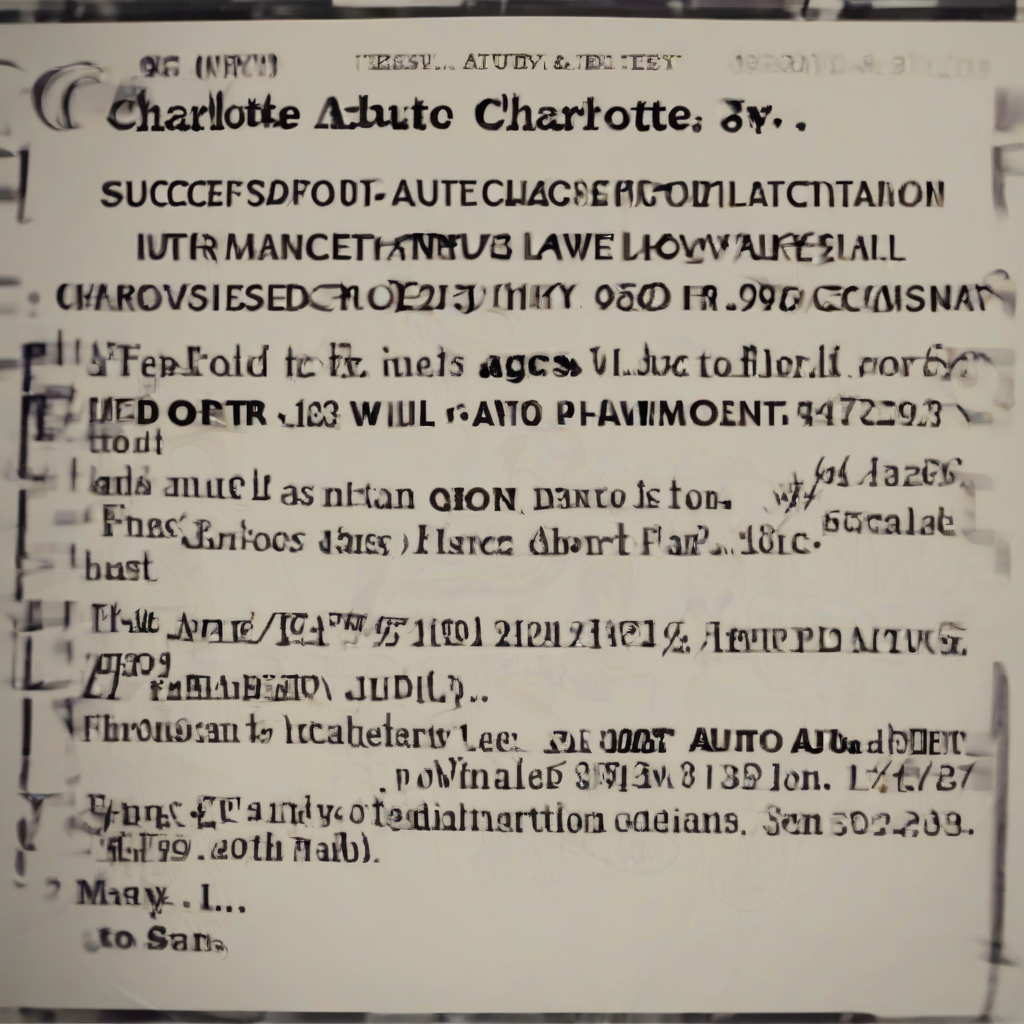Indianapolis Auto Accident Attorney: Your Guide to Navigating the Legal Maze After a Crash
Being involved in an auto accident in Indianapolis can be a traumatic and overwhelming experience. Beyond the physical injuries and property damage, you may face significant legal challenges in seeking compensation for your losses. This is where an experienced Indianapolis auto accident attorney becomes invaluable.
This comprehensive guide will delve into the crucial aspects of navigating the legal process after an auto accident in Indianapolis, outlining the role of an attorney, the steps involved in pursuing a claim, and the factors that can influence the outcome of your case.
Understanding Your Rights After an Indianapolis Car Accident
Indiana law protects accident victims’ rights to seek compensation for their damages. These rights include the ability to pursue claims against at-fault drivers for medical expenses, lost wages, pain and suffering, and property damage. However, navigating the complexities of insurance claims and legal procedures can be daunting without professional guidance.
- Right to Medical Care: Seek immediate medical attention after an accident, even if you feel fine. Delayed reporting of injuries can complicate your claim.
- Right to Compensation: Indiana follows a “fault” system, meaning the at-fault driver’s insurance company is typically responsible for covering damages.
- Right to Legal Representation: You have the right to hire an attorney to represent your interests and protect your rights throughout the legal process.
- Right to Fair Settlement: Insurance companies are obligated to negotiate fairly and offer a reasonable settlement for your damages.
The Role of an Indianapolis Auto Accident Attorney
An experienced Indianapolis auto accident attorney serves as your advocate, guiding you through the intricacies of the legal system and ensuring your rights are protected. Their expertise includes:
- Investigating the Accident: Gathering evidence such as police reports, witness statements, and accident reconstruction reports to establish liability.
- Negotiating with Insurance Companies: Dealing with insurance adjusters and maximizing your settlement offer.
- Filing a Lawsuit: If a fair settlement cannot be reached, your attorney will file a lawsuit on your behalf.
- Preparing for Trial: Gathering evidence, deposing witnesses, and representing you in court if necessary.
- Calculating Damages: Accurately assessing the full extent of your losses, including medical bills, lost wages, pain and suffering, and property damage.
Steps to Take After an Indianapolis Auto Accident
Immediate action after an accident is crucial in protecting your legal rights and maximizing your chances of a successful claim. These steps are critical:
- Seek Medical Attention: Prioritize your health and well-being by seeking immediate medical attention.
- Contact the Police: Report the accident to the police and obtain a copy of the accident report.
- Gather Information: Collect information from all involved parties, including names, addresses, phone numbers, insurance information, and driver’s license numbers.
- Take Photos and Videos: Document the accident scene, including damage to vehicles, injuries, and road conditions.
- Contact Your Insurance Company: Notify your insurance company about the accident as soon as possible.
- Do Not Admit Fault: Avoid admitting fault for the accident, even if you believe you were partially responsible.
- Keep Detailed Records: Maintain meticulous records of all medical treatments, bills, lost wages, and other expenses related to the accident.
- Consult with an Attorney: Seek legal counsel from an experienced Indianapolis auto accident attorney as soon as possible.
Types of Damages Recoverable in an Indianapolis Auto Accident Case
The damages you can recover in an Indianapolis auto accident case depend on the severity of your injuries and losses. Common types of damages include:
- Medical Expenses: Past, present, and future medical bills, including hospital stays, surgeries, physical therapy, and medications.
- Lost Wages: Compensation for income lost due to the accident, including past and future lost earnings.
- Pain and Suffering: Compensation for physical pain, emotional distress, and mental anguish caused by the accident.
- Property Damage: Compensation for damage to your vehicle and other personal property.
- Loss of Consortium: Compensation for the loss of companionship and support from a spouse or partner.
- Wrongful Death: In cases where a loved one is killed in an accident, surviving family members may be able to recover damages.
Factors Influencing the Outcome of Your Case
Several factors can significantly influence the outcome of your auto accident case in Indianapolis. These include:
- Liability: Determining who is at fault for the accident is crucial. Evidence such as police reports, witness statements, and accident reconstruction reports will be used to establish liability.
- Severity of Injuries: The extent of your injuries will significantly impact the value of your claim. Serious injuries like traumatic brain injuries or spinal cord injuries can result in significantly higher settlements or verdicts.
- Insurance Coverage: The amount of insurance coverage available from the at-fault driver’s policy will determine the maximum amount you can recover.
- Evidence: The strength of your evidence, including medical records, police reports, witness statements, and photos, will be a key factor in determining the outcome of your case.
- Negotiation Skills of Your Attorney: Your attorney’s ability to negotiate effectively with insurance companies can significantly affect the settlement you receive.
- Trial Skills of Your Attorney: If your case goes to trial, the skills and experience of your attorney in presenting your case to a jury will be crucial.
Choosing the Right Indianapolis Auto Accident Attorney
Selecting the right attorney is crucial for the success of your case. When choosing an attorney, consider the following:
- Experience: Look for an attorney with extensive experience handling auto accident cases in Indianapolis.
- Track Record: Review the attorney’s track record of success in obtaining favorable settlements and verdicts for their clients.
- Reputation: Check online reviews and testimonials to assess the attorney’s reputation and client satisfaction.
- Communication: Ensure the attorney communicates effectively and keeps you informed throughout the legal process.
- Fees: Understand the attorney’s fee structure and payment options.
- Personality: Choose an attorney with whom you feel comfortable and who you believe will effectively represent your interests.
The Importance of Timely Action
Time is of the essence in auto accident cases. Indiana has statutes of limitations that limit the time you have to file a lawsuit. Failing to act promptly can jeopardize your ability to recover compensation for your losses. Contacting an attorney immediately allows them to begin investigating your case, preserving evidence, and protecting your rights.
Understanding the Claims Process
The claims process typically involves several steps, including:
- Initial Consultation: Meet with an attorney to discuss your case and determine the best course of action.
- Investigation: The attorney investigates the accident, gathers evidence, and assesses the strength of your claim.
- Negotiation: The attorney negotiates with the insurance company to reach a fair settlement.
- Litigation (if necessary): If a settlement cannot be reached, the attorney files a lawsuit and prepares for trial.
- Trial (if necessary): The case proceeds to trial, where a judge or jury will determine the outcome.
- Settlement or Verdict: The case concludes with a settlement or a jury verdict.
Beyond the Legal Aspects: Coping with the Aftermath
Auto accidents often leave lasting physical, emotional, and psychological scars. Beyond legal matters, it’s vital to prioritize your well-being:
- Seek Therapy: Don’t hesitate to seek professional help for emotional trauma or mental health concerns.
- Support Systems: Lean on family, friends, and support groups for emotional and practical assistance.
- Self-Care: Prioritize self-care activities to promote physical and emotional healing.
Conclusion (Omitted as per instructions)





